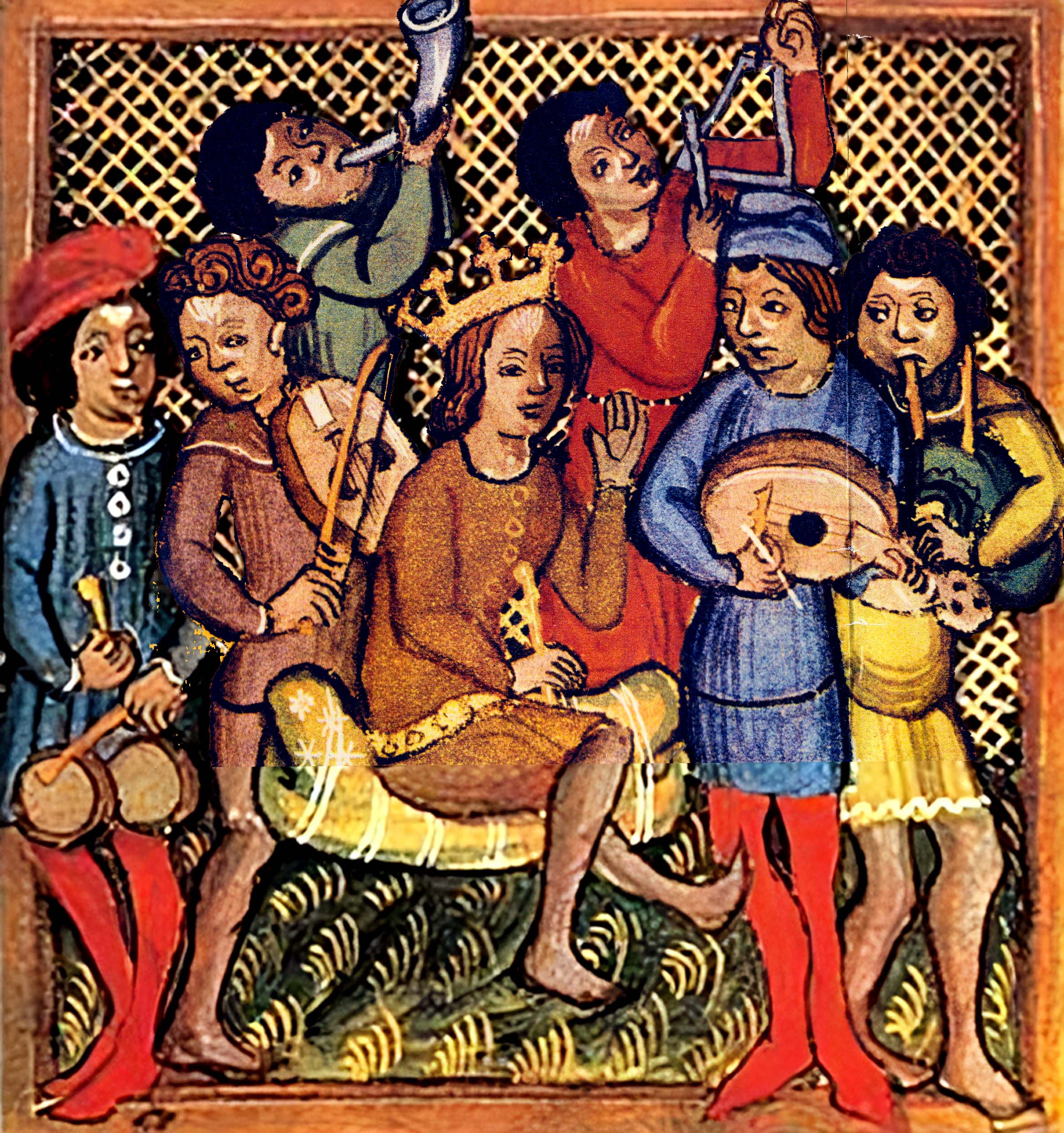 Nothing says romance like a little socio-historical analysis of religion. Am I right? So in honor of St. Valentine's Day, allow me to dispel a popular evangelical notion regarding "biblical courtship." I noticed the problem again last month this in this Christianity Today interview. Please allow me to say up front that I'm sure that the people involved in this discussion have the best of intentions. Consider this excerpt:
Nothing says romance like a little socio-historical analysis of religion. Am I right? So in honor of St. Valentine's Day, allow me to dispel a popular evangelical notion regarding "biblical courtship." I noticed the problem again last month this in this Christianity Today interview. Please allow me to say up front that I'm sure that the people involved in this discussion have the best of intentions. Consider this excerpt:Roxanne: What is your definition of biblical courtship?
Rowina: Different people define biblical courtship in different ways. There is no agreed definition but here is my attempt at one: biblical courtship is the period of time in which a man who is romantically interested in a woman pursues her in an intentional way with the hope of marrying her. The man and woman attempt to not stir up each other's love prematurely and thus do not act like a couple or as if they belong to each other. The man treats the woman as a sister in all purity. Their aim is to reach a wise decision, with the help of their families and Christian community, on whether they should marry or not while behaving in a way that honours God. The hope is that whether things work out or not, each person is left undamaged.Now, I am all for sisters. I have four sisters. I am also for other people's sisters. I'm positively for all sisters everywhere! I am also supportive of leaving people with whom you "pursue" undamaged. In fact let's try to avoid damaging people wherever we can, shall we? Allow me also to affirm Rowina's statement that there "is no agreed definition" of biblical courtship.
On this last point, I would like to suggest a reason why there is no agreed definition of "biblical courtship." The reason is that there is no such thing as biblical courtship.
As I discuss at length elsewhere, the concept of "courtship" was not invented when the books of the Bible were being composed and compiled. However we define the "biblical period," courtship just isn't a thing yet. Courtship is an idea that evolved from "courtly love" trends in medieval Europe (Spain, Italy, and France, most notably). It seems that the poet-singer-lover trend of the "troubadours" borrowed a Persian form of love poetry during this period. This is exactly when the term romanz ("verse narrative”) emerged. So when Rowina talks of a "period of time in which a man who is romantically interested in a woman pursues her in an intentional way with the hope of marrying her," she is describing a medieval European ideal. In short, there isn't anything "biblical" about what Rowina describes above.
This leads us to a much more important question regarding the word "biblical": what exactly are we talking about when we say that something is a "biblical" ideal? Does this mean that we think that the ideal is communicated in the Bible? In my experience, this is not what Christians generally mean when they baptize a ideal as "biblical." The above quotation is a perfect example. Neither the concept of "romance," nor the concept of "courtship" can be construed as biblical in any sense. To do so would be anachronistic. No. What Christians generally mean when they say that an ideal is "biblical" (in my experience) is that the ideal in question is a traditional ideal that does not seem to directly contradict the teachings of the New Testament.
You may be interested to know that the ethical world that produced the Bible did indeed have traditional ideals about marriage and family. These traditions included clan-based endogamy, property exchange, polygamy, Levirate marriage, and marriage as spiritual metaphor (just to name a few). As far as the period before marriage - the period we might most associate with courtship - those "biblical" folks would have thought in terms of arranged marriage.
We Christians need a better way to read and talk about the Bible. Until we do, we ought to stop talking about our "biblical" ideals.
-anthony
Anthony Le Donne (PhD, Durham) is the author of The Wife of Jesus: Ancient Texts and Modern Scandals.


No comments:
Post a Comment